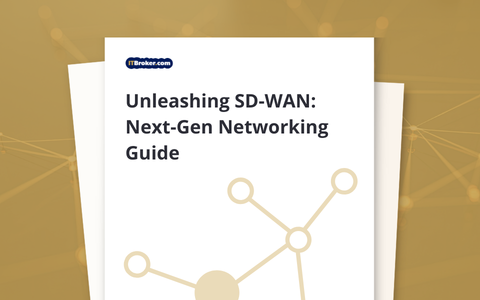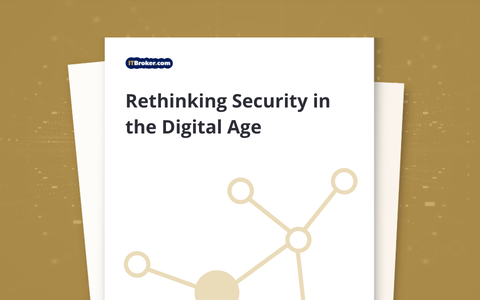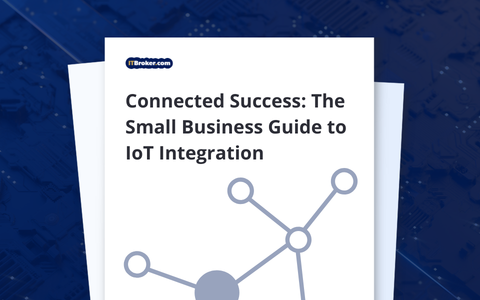What Is Communications Platform as a Service (CPaaS)?
Communications Platform as a Service (CPaaS) is a cloud-based framework that enables businesses to embed real-time communication functions into their own applications through APIs and SDKs. Instead of relying on separate communication tools, CPaaS integrates directly into customer-facing or internal software—streamlining workflows and creating seamless experiences.
Common capabilities include:
- Voice and Video Calls: High-quality, real-time communication for customer service, telehealth, or collaboration.
- SMS and MMS Messaging: Automate alerts, confirmations, and promotional campaigns.
- Chat and Messaging APIs: Enable secure, app-based communication between users and teams.
- Multichannel Communication: Connect across voice, text, email, and video in one integrated system.
- AI-Powered Interactions: Deploy chatbots, intelligent routing, and real-time analytics for efficiency.
Why Choose CPaaS?
Core Problems CPaaS Solves
- Fragmented Communication: Eliminates siloed systems by unifying channels in a single platform.
- Slow Deployment: Accelerates time-to-market for communication features without heavy development.
- High Infrastructure Costs: Replaces expensive telecom systems with flexible, pay-as-you-go models.
- Scalability Challenges: Grows with the business, supporting spikes in usage or expansion into new markets.
- Customer Engagement Gaps: Provides omnichannel capabilities that enhance the customer journey.
Who Should Consider CPaaS?
- E-commerce businesses seeking to automate notifications and customer service.
- Healthcare providers delivering secure telehealth and appointment reminders.
- Financial institutions enhancing fraud alerts and secure client communications.
- Enterprises with global operations needing consistent communication across regions.
Key Features of CPaaS
Implementation Insights
- Define Communication Goals: Identify the channels and features that matter most for your customer experience.
- Map Integration Points: Determine where communication will fit within existing workflows.
- Leverage APIs Wisely: Start with core functionalities, then expand as needed.
- Train Teams: Ensure employees understand and can leverage the new communication tools.
- Measure Impact: Track adoption rates, customer satisfaction, and operational improvements.
CPaaS vs. Traditional Telecom Solutions
Common Challenges and Misconceptions About CPaaS
- “CPaaS is only for tech companies.” In reality, industries from healthcare to retail leverage CPaaS for improved communication.
- “It requires a complete system overhaul.” CPaaS integrates into existing systems without replacing them entirely.
- “Security is a concern.” Leading CPaaS providers meet strict compliance and encryption standards.
- “It’s too costly.” Flexible pricing often makes CPaaS more cost-efficient than traditional systems.
How to Choose the Right CPaaS Partner
- Feature Alignment: Ensure the provider’s capabilities match your channel requirements.
- API Quality: Look for robust, well-documented APIs to simplify integration.
- Global Reach: If you operate internationally, ensure the platform supports local regulations and languages.
- Support Services: Opt for partners offering 24/7 technical and onboarding assistance.
- Scalability: Confirm the solution can grow alongside your communication needs.
CPaaS Pricing Models
How ITBroker.com Finds the Right Provider for You
- Assess Your Communication Needs: We map out your current workflows and identify enhancement opportunities.
- Match Requirements to Providers: Only recommend platforms that align with your operational and technical goals.
- Negotiate Favorable Terms: Secure flexible contracts and avoid vendor lock-in.
- Ensure Seamless Deployment: Provide integration support and best practices for adoption.
- Optimize Ongoing Performance: Monitor KPIs to ensure continued ROI.
FAQs About CPaaS
Q: Does CPaaS require development expertise?
A: While APIs require some technical setup, many platforms offer low-code or no-code options.
Q: Can CPaaS support compliance-heavy industries?
A: Yes. Many solutions include HIPAA, GDPR, and other regulatory compliance capabilities.
Q: Is CPaaS future-proof?
A: With scalable APIs and cloud architecture, CPaaS can adapt to emerging channels and technologies.







.png)
.png)
.png)
_%20Redefining%20Security.png)







